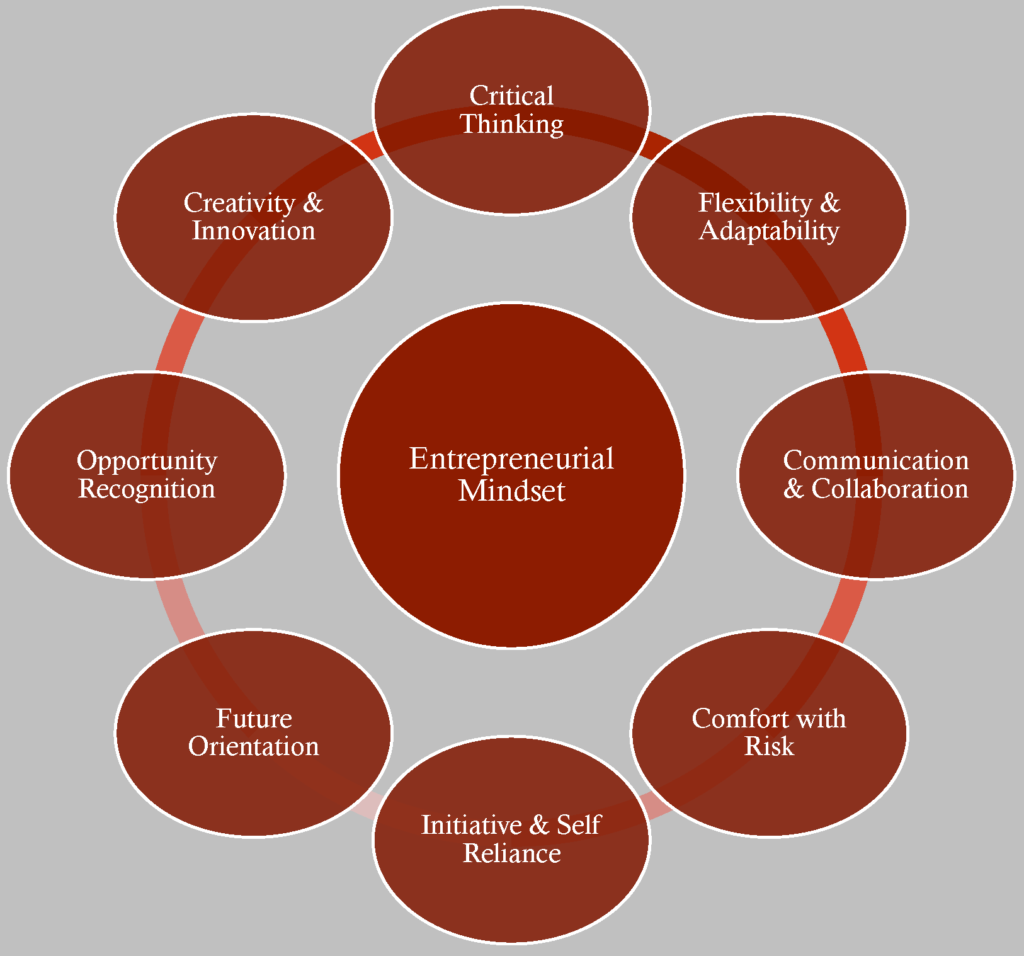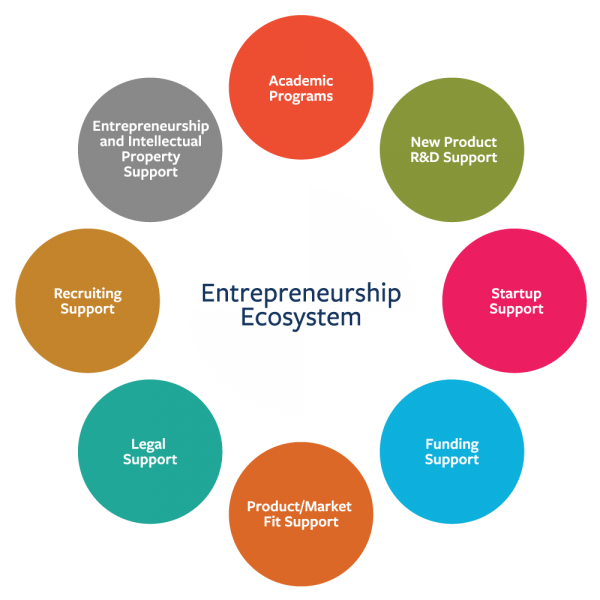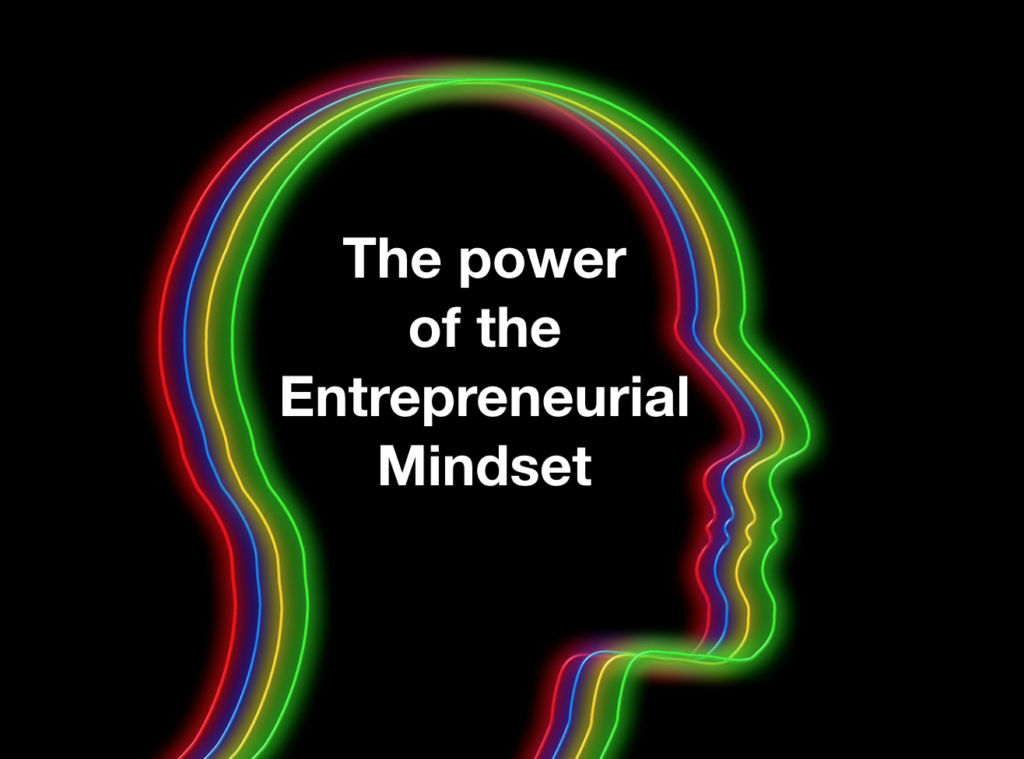Entrepreneurship is not just about starting a business; it’s a way of thinking and approaching life’s challenges with creativity, innovation, and a growth-oriented mindset. An entrepreneurship mindset curriculum is an educational framework designed to instill this mindset in individuals, equipping them with the skills and perspectives necessary for success in the modern world.
Table of contents
- Understanding the Entrepreneurship Mindset
- The Importance of an Entrepreneurship Mindset
- Characteristics of an Entrepreneurship Mindset
- Developing an Entrepreneurship Mindset
- Challenges in Implementing an Entrepreneurship Mindset Curriculum
- Case Studies: Successful Entrepreneurship Mindset Programs
- How to Incorporate an Entrepreneurship Mindset Curriculum
- Measuring the Success of an Entrepreneurship Mindset Curriculum
- The Role of Teachers and Mentors
- Overcoming Barriers to Entrepreneurship Education
- Entrepreneurship Mindset in the Digital Age
- Preparing Students for Real-World Challenges
- Conclusion
- FAQs
Understanding the Entrepreneurship Mindset

An entrepreneurship mindset is characterized by a proactive approach, the ability to identify opportunities, and the willingness to take calculated risks. It encourages individuals to think outside the box and find innovative solutions to problems. It’s not limited to business but is applicable in various aspects of life.
The Importance of an Entrepreneurship Mindset
It empowers individuals to adapt to changing circumstances, make informed decisions, and seize opportunities as they arise. This mindset is a valuable asset in both personal and professional growth.
Characteristics of an Entrepreneurship Mindset
People with this mindset drive themselves, maintain optimism, and remain open to learning. They view failures as stepping stones to success.
| Characteristics | Explanation |
| Resilience | Entrepreneurs exhibit the ability to bounce back from setbacks, challenges, and failures. They maintain a positive attitude and persist in the face of adversity. |
| Adaptability | Entrepreneurs are open to change and can quickly adjust their strategies or business models in response to evolving circumstances, market shifts, or new opportunities. |
| Creativity | An entrepreneurial mindset fosters innovative thinking, problem-solving, and the ability to generate new and unique ideas. Creativity is crucial for developing and improving products, services, and processes. |
| Strong Work Ethic | Entrepreneurs are known for their dedication and commitment to their work. They are willing to put in long hours and effort to achieve their goals and build their businesses. |
| Drive | Entrepreneurs are highly motivated and have a clear sense of purpose. They are determined to pursue their vision and are willing to go the extra mile to achieve it. |
| Optimism | A positive outlook is essential for entrepreneurs. They believe in the potential for success and remain hopeful, even in challenging situations. |
| Openness to Learning | Entrepreneurs are lifelong learners. They continuously seek knowledge and are open to acquiring new skills, understanding market trends, and adapting to changing business environments. |
Developing an Entrepreneurship Mindset

To foster an entrepreneurship mindset, one must embrace lifelong learning, challenge the status quo, and welcome innovation. It’s about cultivating a growth mindset and honing skills like problem-solving, critical thinking, and effective communication.
Challenges in Implementing an Entrepreneurship Mindset Curriculum
While entrepreneurship mindset programs are beneficial, there can be challenges in their implementation. These challenges include curriculum development, faculty training, and the need for ongoing support and resources.
Case Studies: Successful Entrepreneurship Mindset Programs
Highlighting success stories of entrepreneurship mindset programs can inspire confidence. Case studies of schools or organizations that have effectively implemented such programs can provide valuable insights and motivation.
How to Incorporate an Entrepreneurship Mindset Curriculum

This section will discuss practical strategies for integrating entrepreneurship mindset curricula into educational institutions, including schools and colleges.
Measuring the Success of an Entrepreneurship Mindset Curriculum
Evaluating the impact of these curricula is essential. This section will delve into methods for assessing the effectiveness and outcomes of entrepreneurship mindset education.
The Role of Teachers and Mentors
Effective mentors and educators play a crucial role in nurturing an entrepreneurship mindset. They guide and inspire students to reach their full potential.
Overcoming Barriers to Entrepreneurship Education
This section will address common obstacles in entrepreneurship education and propose solutions for overcoming them.
Entrepreneurship Mindset in the Digital Age
In an era of technological advancement, this section will explore how the entrepreneurship mindset is evolving to adapt to the digital landscape.
Preparing Students for Real-World Challenges
Emphasizing the practical application of an entrepreneurship mindset is crucial. This section will discuss how students can use their acquired skills in real-life scenarios.
Conclusion
In conclusion, an entrepreneurship mindset curriculum is more than just a program; it’s a transformative journey. It equips individuals with the mindset and skills required to navigate the complex and ever-changing world successfully. Embracing entrepreneurship as a way of thinking can lead to personal and professional fulfillment.
Readmore:
What is Corporate Entrepreneurship
What is Creativity in Entrepreneurship
Is Startup India Boosting Entrepreneurship
How Entrepreneurship Has Contributed to Society
FAQs
The primary goal is to instill an entrepreneurial mindset that fosters innovation, problem-solving, and adaptability.
Yes, entrepreneurship mindset education is versatile and applicable to a wide range of fields and industries.
Educators can incorporate elements of the curriculum into various subjects, encouraging critical thinking and creativity.
No, these programs are suitable for individuals of all ages, from students to professionals.


